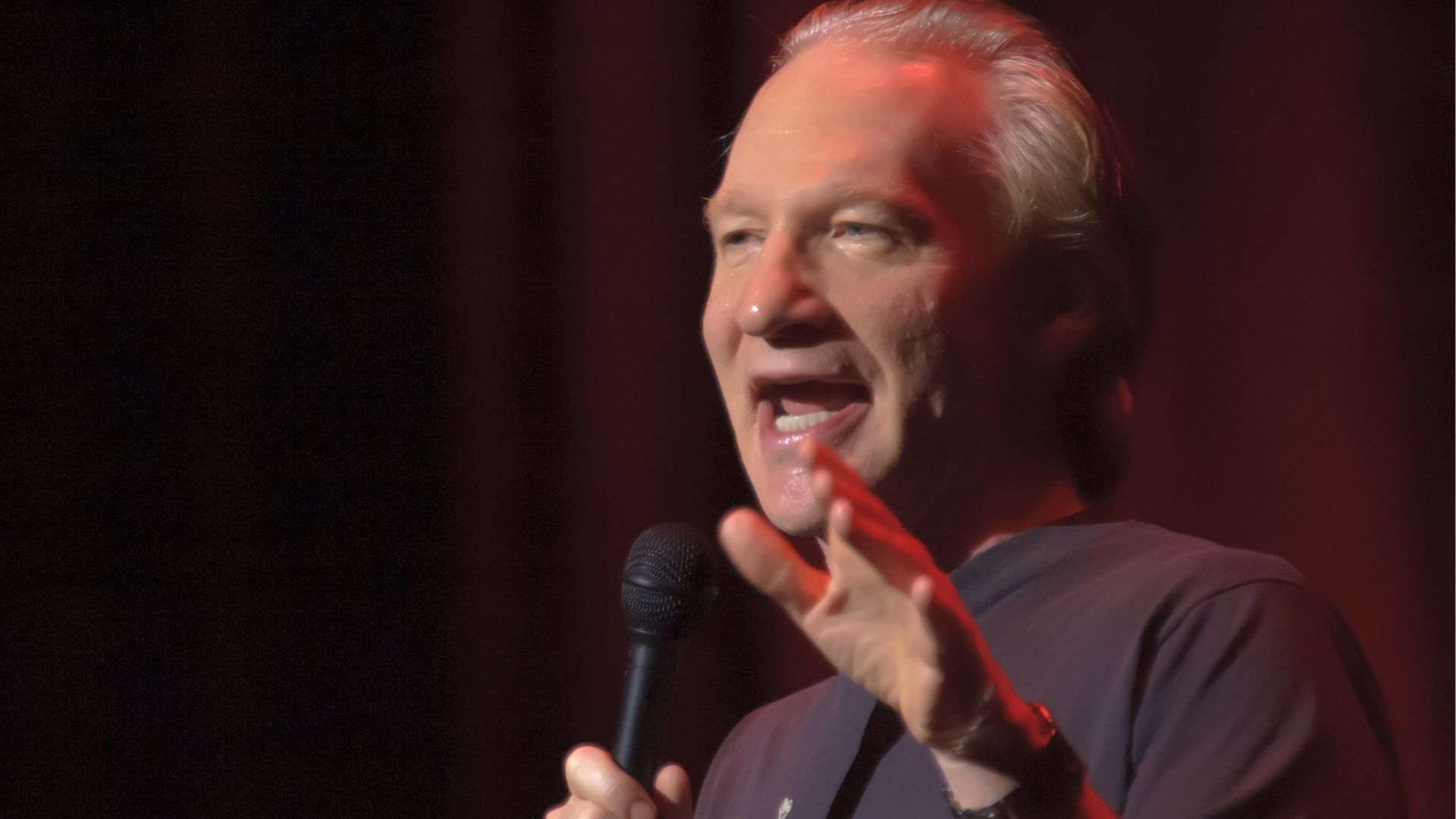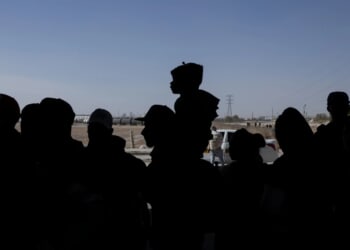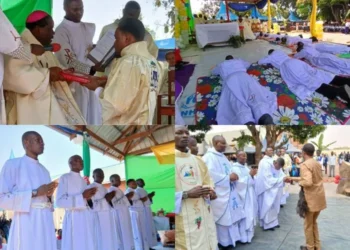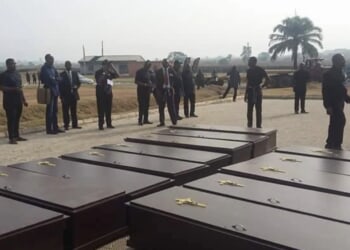
Late-night host Bill Maher on Friday questioned why student-led anti-Israel demonstrations that dominated college campuses for months have gone quiet as new reports allege Hamas fighters turned their weapons on Palestinians in Gaza.
On the HBO program “Real Time with Bill Maher,” Maher asked guest Mark Cuban, “Where are the protesters?”
He added, “Suddenly, the keffiyeh-wearing college kids are very quiet.” Cuban replied, “Shooting everybody,” and Maher repeated the comment.
The exchange came after months of demonstrations at U.S. colleges where students held anti-Israel protests, chanted slogans, clashed with police and—according to campus reports—saw hundreds of arrests. Critics argued some demonstrations blurred the line between anti-war activism and support for Hamas.
Several students in the U.S. have been investigated for alleged links to the terror group, according to public reports.
President Donald Trump has repeatedly urged universities and authorities to take action against foreign students he says support Hamas, calling for visa revocations in cases where support for the group is found.
On Thursday, the president posted on Truth Social about footage circulating online that appeared to show Hamas fighters executing Palestinians in Gaza City’s main square.
This Could Be the Most Important Video Gun Owners Watch All Year
He wrote, “If Hamas continues to kill people in Gaza, which was not the deal, we will have no choice but to go in and kill them.”
Maher said the apparent shift in behavior among campus protesters exposed what he described as an “asymmetry of what goes on.”
Bill Maher asks where the “keffiyeh-wearing college kids” went now that Hamas is “shooting everybody.”
“Where are the protesters?!” Maher exclaimed.
MAHER: “Have you noticed that now that Hamas has taken over again, they’re what?”
MARK CUBAN: “Shooting everybody.”
MAHER:… pic.twitter.com/wv2DX7NKnp
— Vigilant Fox (@VigilantFox) October 18, 2025
He has also criticized elite universities in August as “indoctrination factories,” a line he repeated on the program while questioning why activists who once dominated campus attention are not responding to reports of violence inside Gaza.
Footage circulating online has drawn widespread attention and condemnation.
Reuters reported that Hamas killed at least 33 people in recent days after the group’s temporary truce with Israel that paused some fighting in the region.
The videos and reports prompted bipartisan concern in Washington and renewed scrutiny of campus activism tied to the Israel-Hamas conflict.
University administrators have responded unevenly to the wave of campus demonstrations that began earlier in the year.
Some institutions disciplined students and arrested demonstrators for trespassing or disorderly conduct; others faced criticism for what protesters and some faculty described as heavy-handed policing or attempts to stifle speech.
The debate over how universities should handle protests has included calls from lawmakers and university trustees for stricter enforcement of campus rules and immigration measures for foreign students accused of supporting extremist groups.
Law enforcement agencies said investigations into students and campus networks were ongoing in several jurisdictions.
Officials have emphasized that investigative steps and any resulting actions must follow the rule of law and established procedures, including evidence review and due process protections for accused individuals.
The public reaction to footage showing alleged internal killings in Gaza has been swift.
Humanitarian groups, journalists and foreign officials called for independent verification of the videos and for accountability if the allegations are confirmed.
The images have also reverberated through U.S. political and campus discourse, prompting renewed debate over campus solidarity demonstrations and the responsibilities of university leaders to address extremist ties or violent endorsements.
Maher’s comments reflect a broader question raised within some conservative and centrist circles: whether public activism tied to foreign conflicts will hold consistent standards when complex and violent developments emerge on the ground.
For now, the campus movement that once drew sustained media attention has receded from nightly headlines, even as lawmakers and the public continue to parse new information coming from Gaza and to weigh the appropriate responses by universities, law enforcement and federal authorities.
The opinions expressed by contributors and/or content partners are their own and do not necessarily reflect the views of LifeZette. Contact us for guidelines on submitting your own commentary.

![Bill Maher Calls Out ‘Keffiyeh-Wearing College Kids’ as Hamas Kills Palestinians [WATCH]](https://www.right2024.com/wp-content/uploads/2025/10/Bill-Maher-Calls-Out-‘Keffiyeh-Wearing-College-Kids-as-Hamas-Kills-750x375.jpg)






![Trump, Hegseth to Get Troops Paid Despite Dems Voting Against it Eight Times [WATCH]](https://www.right2024.com/wp-content/uploads/2025/10/Trump-Hegseth-to-Get-Troops-Paid-Despite-Dems-Voting-Against-350x250.jpg)








